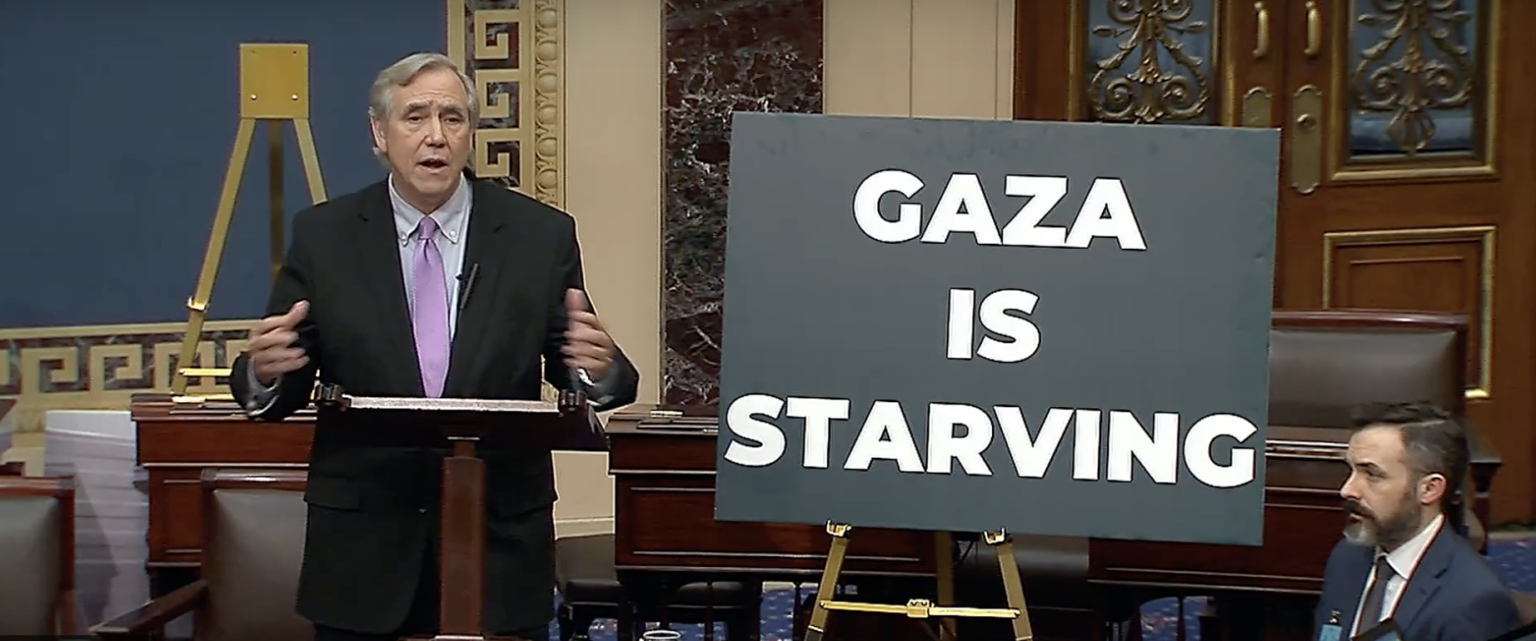OPINION: Policymakers should ensure struggling individuals receive help for drug addiction
Published 11:15 am Monday, November 25, 2024

- Mariam Nechiporuk
In July 2024, Oregonians repealed a bill that had once garnered widespread support. Four years earlier, Ballot Measure 110 made national headlines with a groundbreaking drug decriminalization law aimed at reshaping addiction and treatment approaches.
Trending
At the time, Oregon was facing dire challenges. Oregon had the highest rate of methamphetamine and opioid misuse across the U.S., and yet was dead last for addiction treatment services. Additionally, by 2023, Portland had the second highest rate of homelessness nationwide, with 64.6% of the homeless population being unsheltered.
Experts agree that criminalizing drugs disproportionately affects the most vulnerable populations in Portland. Measure 110 aimed to address these interconnected issues by decriminalizing possession of small amounts of all street drugs and redirecting over $300 million from marijuana taxes and prison savings into treatment and recovery programs.
While initially praised, support waned by February 2024 when decriminalization, the measure’s centerpiece, was repealed. Since the bill was implemented in 2021, fatal drug overdoses had risen significantly and drug use in public spaces had become much more common.
Trending
Critics like Sen. Tim Knopp, R-Bend, scapegoated Measure 110, calling it a “free-for-all.” Other lawmakers, like Sen. Jeff Golden, D-Ashland, viewed the repeal as a necessary adjustment to a flawed policy, though he assured constituents it was not a return to the war on drugs.
However, addressing drug misuse alongside homelessness is a long-term endeavor, and the challenges Measure 110 faced were colossal. The politicians tasked with devising new solutions faced immense pressure for a quick fix, but given that Oregon’s has been grappling with these issues for 50+ years, that was unattainable.
The original bill faced a barrage of challenges from the moment it went into effect. The end of pandemic-era eviction protections in 2021 led to a 23% increase in homelessness from 2020 to 2022 alone. This housing instability, coupled with a surge of fentanyl flooding the drug market, created a dangerous environment, causing deaths from fentanyl to soar.
Contrary to the narrative pushed by some lawmakers, evidence suggests this rise was part of a national trend. Longitudinal studies performed by researchers at Brown University demonstrated that when accounting for the sharp increase in fentanyl in the drug supply nationwide, there was no relationship between Measure 110 and overdose deaths. In fact, after the repeal of Measure 110 and recriminalization in Washington County, fatal overdoses increased.
Comparisons to Portugal, which successfully decriminalized drugs in 2001, further highlight why Measure 110 deserved more time. Portugal’s heroin crisis saw a significant decline in addiction, but it took eight years to achieve these outcomes, whereas Oregon’s bill only got four. Moreover, Portugal heavily invested in treatment infrastructure, which has only faltered as economic hardships reduced funding. By contrast, Oregon’s treatment programs remain bottlenecked, unable to meet demand.
Understanding these nuances demonstrate that the new plan will not improve Oregon’s crisis but will instead worsen the existing problems. The repeal of Measure 110 introduced an approach called “deflection,” where individuals face unclassified misdemeanors with sentences tied to probation compliance or treatment program enrollment. However, a recent report by Oregon Public Broadcasting found that the rollout has been plagued by disorganization and limited capacity.
Additionally, the new system relies on Measure 110 citations to estimate how many people might need deflection programs; however, police have repeatedly been accused of not issuing enough citations, leading to unreliable data.
Tera Hurst, executive director of the Health Justice Recovery Alliance, fears the repeal will undo progress. While supporting the efforts to prioritize treatment over punishment, she urged lawmakers to reconsider, saying “unfortunately, it will be people struggling with addiction—especially those living outside and Black and Brown Oregonians—who will pay the biggest price.” Rep. Travis Nelson, D-Portland, shares these concerns, warning that the new plan lacks the infrastructure needed for meaningful change and risks perpetuating harm to marginalized communities.
New ideas, such as Portland Mayor Keith Wilson’s proposal to expand sobering centers, offer promising steps forward but should complement, not replace, Measure 110. Rather, a joint effort to decriminalize drugs and invest in structural change is necessary. This approach would allow Portland to address the drug problem at a fundamental level while avoiding targeting vulnerable communities.
It is tempting to abandon a policy that appears ineffective in the short term, especially when faced with visible drug use in Portland’s streets. However, dismantling Measure 110 ignores evidence-based research and the long-term commitment required for systemic change. Policymakers shouldn’t abandon it prematurely in order to ensure struggling individuals justly receive help.
Mariam Nechiporuk is a college student and has lived in Portland for most of her life.







